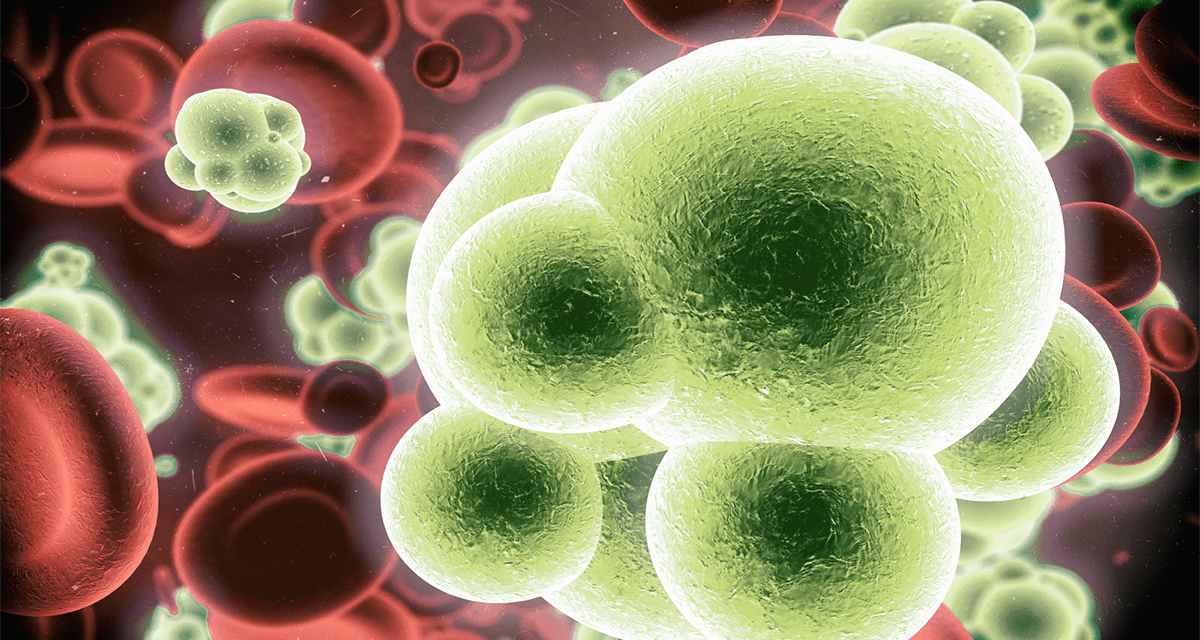With the background of association of oxidative stress and Hepatitis E virus (HEV) infection in pregnancy complications the present novel study aimed to evaluate the significance of changes in maternal homocysteine levels and the related mechanism(s) in the pathophysiology of HEV related pregnancy complications and negative outcomes. Term delivery (TD, N = 194) and HEV-IgM positive pregnancy cases [N = 109] were enrolled. Serum and placental homocysteine levels were evaluated by ELISA and immunofluorescence and in turn correlated with serum Vitamin B12 levels. Distribution of variant MTHFR C➔T and TYMS1494del6bp genotyping were studied by PCR-RFLP. Differential folate receptor alpha (FR-α) expression in placenta was evaluated by real-time PCR and immunofluorescence respectively. The HEV viral load was significantly higher in both FHF and AVH cases. Higher serum homocysteine levels was associated with preterm delivery (PTD) and fetal death in HEV infected cases and was significantly inversely correlated with serum VitaminB12 levels in HEV cases. Placental homocysteine expression was upregulated in HEV cases, and in cases with negative pregnancy outcome. A Homocysteine level was associated with MTHFR C677T status. Genetic alterations in folate pathway was associated with increased risk of PTD in HEV infected pregnancy cases, disease severity, and negative pregnancy outcome in AVH and FHF groups. FR-α expression was downregulated in placental tissues of HEV infected pregnancy.Placental stress caused by HEV inflicted increased homocysteine due to alterations in maternal vitamin B12 levels and folate pathway components is detrimental mechanism in PTD and negative pregnancy outcome in HEV infected pregnancy cases and holds prognostic and therapeutic significance.Copyright © 2021. Published by Elsevier B.V.
Increased homocysteine mediated oxidative stress as key determinant of hepatitis E virus (HEV) infected pregnancy complication and outcome: A study from Northeast India.


